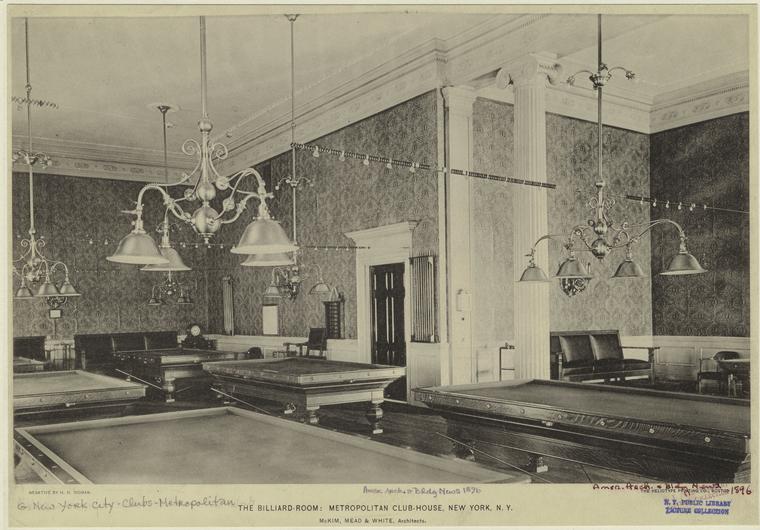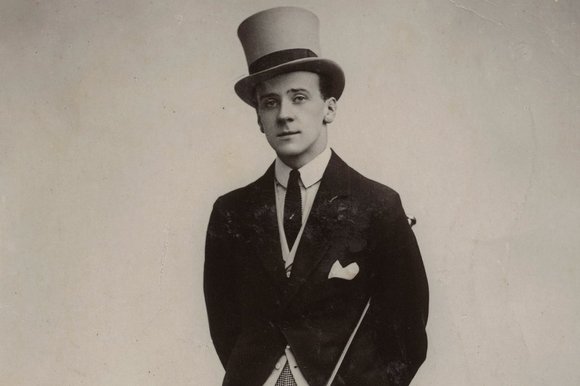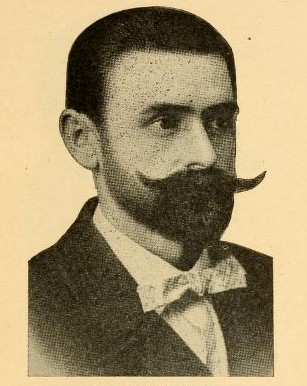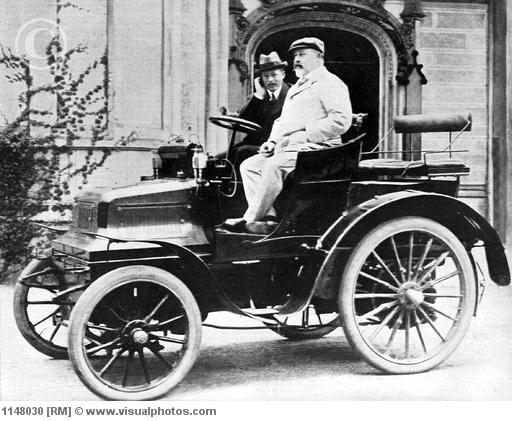
Club life in America is a growth of recent years. It is now so firmly established, and it is so popular that there is not a village or even a settlement in the United States which has not at least its casino, or its little coterie organized for golf, tennis, athletic, or merely social enjoyment. All of these, from the great metropolitan clubs of the cities down to the very humblest in the ” wilds,” are governed by club laws and are regulated by club etiquette. In New York; now a city of clubs, this etiquette differs much from that observed in London, Paris, or any of the large continental centers.
In London, a man is identified with his club. He rarely belongs to more than one, and his membership there denotes his social standing, his pursuits in life, and, above all, his politics. English clubs are also very jealous of admittance of strangers, and are not in the least hospitable to the foreigner. There are exceptions to this among the literary, theatrical, and Bohemian organizations, but the Pall Mall clubs are “closed.” In New York, Boston, Chicago, and other American cities there are organizations which insist upon certain qualifications, such as being a university man, a lawyer, an author, a physician, or a member of a college fraternity, for admittance; but then the members also belong to other clubs, where their social standing, or perhaps the extent of their bank account, is their passport.
If a man wishes to get on socially, he should belong to at least one good club. It gives him his standing in the community, and places him. He is no longer on the list of the unidentified.
When a choice is made of a club which you desire to join, the next step would be to have two members in good standing to act as your sponsors—one proposes your name and the other seconds. A good sponsor is necessary, and you should choose one who has many friends in the organization of which you desire to become a member. The president, officers, and the governing committee are debarred from either proposing or seconding a name for membership. The term of a man’s novitiate depends upon the state of the waiting list. Your proposer will notify you when your name will be reached, as he himself will be notified in writing by the committee on membership. The rules of candidacy differ in various clubs. In some, the name of the candidate with those of the two members proposing him is exposed in a conspicuous place where the entire club can see it. There is also a book in which other members sign the application, and the number of signatures, of course, has weight with the governors.
Again, the name is inscribed in a book kept for the purpose in the steward’s office, and it is not necessary that any other endorsement except that of your sponsors be made.
Any member objecting to the name of a candidate has two methods by which he can make known his objection. One is to write directly to the governors, or to the committee on admissions and membership, whichever, according to the laws of the club, has the matter in hand. Usually it is the governing committee or board of governors. This communication is treated, as are all club matters, with the secrecy of the confessional. Your sponsors are written to and the objections stated, but the name of the person objecting is withheld. The other method is, if any one has an objection to your admission, that he should go at once in a manly way to one of your sponsors and state it. It is a rare occurrence in a New York club that any candidate is blackballed. The warning from the governing committee, or from another member to the sponsors, is a word to the wise, and the men who propose you should immediately withdraw your name to avoid a disaster. Otherwise a very great risk is run, as objections which have any foundation have great weight with the governing committee.
In the clubs where the names of the candidates are kept only in a small book, while on the waiting list they are posted ten days before the election in a conspicuous part of the clubhouse. No candidate can be elected to a club who is not personally known to two or more members of the governing committee. A short time before election, if the candidate has not this acquaintance, it is the duty of his sponsors to take him around and introduce him, or to arrange that he will meet these gentlemen in some way; otherwise his name will go over; and after two setbacks of this kind, it will be rejected.
On the election of a candidate—the balloting being done by the governing committee— the sponsors are notified, sometimes by posting and otherwise simply by letter. The secretary of the club will let the new member know immediately of his election, and the letter, which is usually a form, will also notify him that his admission fee and yearly dues are payable. The admission or entrance fee to a club is from one hundred to two hundred dollars in the wellknown New York organizations, and the yearly dues are from seventy-five to one hundred dollars. These must be paid at once by check. The rules of most clubs allow a thirty-day limit. If you are so fortunate as to be admitted after the date of the yearly meeting, you will only be liable for one half the current yearly dues; otherwise you pay the entire amount.
It is now the duty of the sponsors to introduce their newly elected candidate to the club. This is an easy matter. One of them will go with you, sit in the general smoking or lounging room, and make you acquainted with one or two of his friends. The responsibility is then over.
Club etiquette is very simple. It is only the application of the usual rules of courtesy observed in private life. The club is your home. You should behave there as you would in your own house as host, and consequently your conduct toward your fellow-members should be characterized by the utmost consideration.
The average clubhouse has a large room on the ground or first floor which is used for smoking, reading, the newspapers, and “living” generally. On the floors above there are the dining rooms, the library, and reading and card rooms. The billiard room occupies a special quarter, according to the plan of the house.
A clever man said that there was but one rule of clubhouse etiquette different from the general laws of manners, and that was to keep your hat on. This is true, but then there are many others. Men do not take off their hats on entering a club, and do not remove them in any room except that in which they dine. All social clubs are more or less “closed.” Visitors are only allowed under certain restrictions. The general rule is that a member may invite to the use of the club for a period of ten consecutive days any one not a resident of the city, but can have no more than one guest at a time. No stranger shall be introduced a second time unless he shall have been absent from the city three months.
In some clubs a member may introduce as a visitor a resident of the city, but he can have no more than one such guest at a time. No person shall be introduced more than once in twelve months. Other clubs are open to the admission of visitors at certain periods, and others again have ladies’ days, at which a reception to the fair friends of the members is given. All this depends on the rules of the club. As soon as you are made a member you are given a little book in which these are contained, and you should study them carefully. The name of a guest should be entered on the visitors’ book with that of his host. If the visitor is put up for a certain period a card to the club is sent him, and during his stay he has all the privileges of a member. He can run up an account, but he should certainly settle it before his term expires, otherwise his host will be held responsible.
A clubman never pays an attendant for refreshment or food served. Gratuities of any kind to servants are forbidden. When refreshment is required, you press the electric bell, of which there are a number in all the rooms, and the attendant comes to you for your order. When he brings it he has with it a check which you sign. These checks are, of course, debited to you, and you receive your bill once a month, or you can make arrangements to pay at the steward’s or cashier’s desk daily.
You order your meals in the same manner, and when they are ready, the servant will notify you.
At most of the clubs smoking is not permitted in the dining rooms until after nine, nor are refreshments allowed to be served in the visitors’ room or library at any time. Books and magazines are not to be removed from the reading room or library, nor any publication belonging to the club from the clubhouse.
There is still a prejudice against pipe smoking in many of the clubs, and you must consult the rules before you attempt this practice. A man does not remove his coat or sit in his shirtsleeves in any of the public rooms. An allowance, however, is made in the billiard room.
The loud-voiced man is one of the nuisances of a club. Loud talking may be endured in the smoking or general room, but certainly not in the library or the reading rooms.
The “kicker” is another objectionable person. He should remember that the best way of rectifying abuses is to send to the house committee all complaints of any deficiency in the service of the club, of overcharges, mistakes, or defects. The club is not a place to conduct one’s commercial interests. Invitations and special correspondence can be conducted on club paper, but certainly it is a breach of club etiquette to use it for business purposes.
The man who bows to a woman from a club window is not a gentleman. By this action he fastens upon her the most disgraceful odium one of her sex can bear.
The name of a woman should never be whispered in a club unless it is to say something complimentary of her. Even this is not in good taste.
It is not club etiquette to “treat.” You can do so if you desire, but you are not obliged to follow this inane custom, which is born of barroom ethics.
All the affairs of a club must be regarded in strict confidence. Under no consideration should that which has occurred within these sacred portals be divulged to outsiders.
Once a year—usually at Christmas—a subscription is taken up for the employees and servants. From five to ten dollars is the proper amount to give.
A few clubs have a ladies’ restaurant attached, where members may take their families or give dinners, or where the wives of members have the privilege of giving luncheons or other entertainments. Otherwise ladies are not admitted to the privileges of the clubhouse, except on ladies’ days, and where there is an ” annex” they can only avail themselves of that part set aside for their convenience upon the authority of a member.
These rules pertaining to the general government of clubs have been compiled from the constitution and by-laws of the Union, Metropolitan, Knickerbocker, Calumet, and Manhattan Clubs of New York. The constitutions of the Philadelphia, Boston, Washington, Chicago, San Francisco, and other clubs are almost identical.
— The Complete Bachelor: Manners for Men (1897)





Love it!
But why was the document called The Complete Bachelor: Manners for Men? Were married men treated differently? Since they didn’t have wives, were bachelors allowed to bring any woman to the club on Ladies’ Days?
Thanks Helen!
The rise of the white collar worker meant there were tons of unmarried men living in big cities, and since most social occasions focused on husbands and wives, the poor bachelors needed to know how to navigate Society. Most of the gentlemen’s clubs in America were patterned after those in London–no women allowed! There were, however, a few mixed social clubs in London, but I’ll have to do some digging to see if there were any in New York.